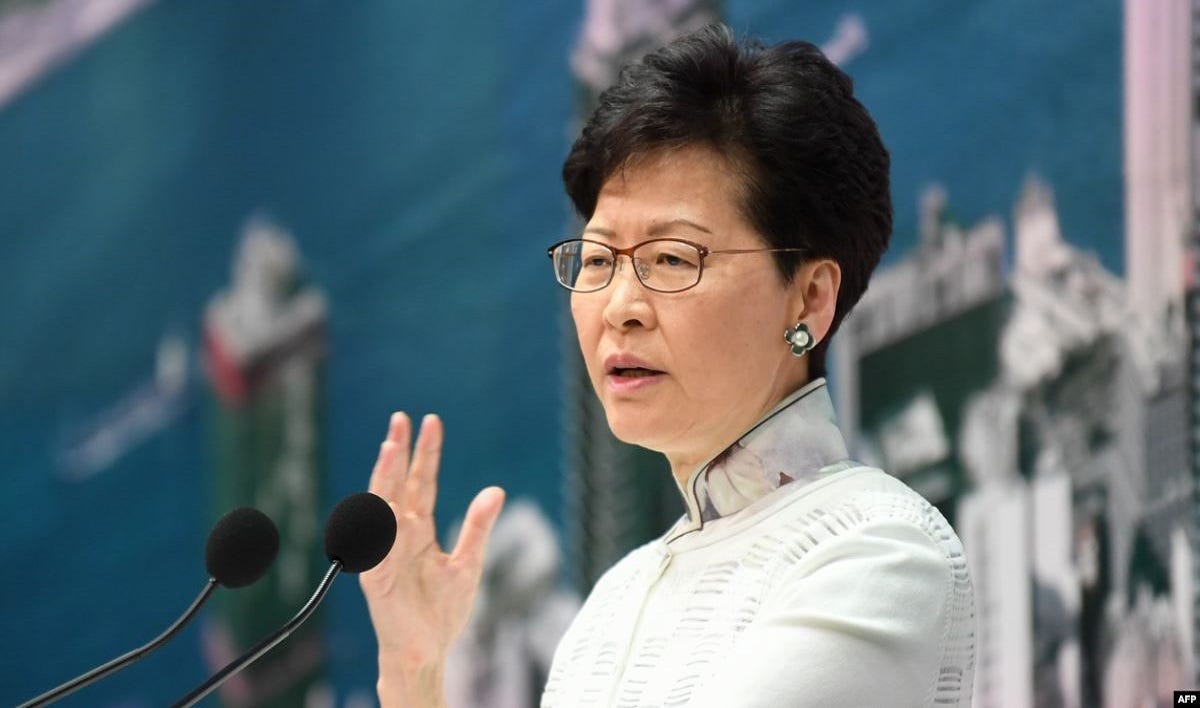Threat Grows for Hong Kong's Press, Judiciary
National security law presents dramatic erosion of freedoms

Newly revealed details of the national security law forced on Hong Kong by Beijing indicate that the territory, for most of the decades of the Cold War a free press listening post into China, will no longer enjoy the strong press freedom and judicial independence that have made the territory a free speech bastion.
On the morning of July 7, Hong Kong chi…
Keep reading with a 7-day free trial
Subscribe to Asia Sentinel to keep reading this post and get 7 days of free access to the full post archives.
